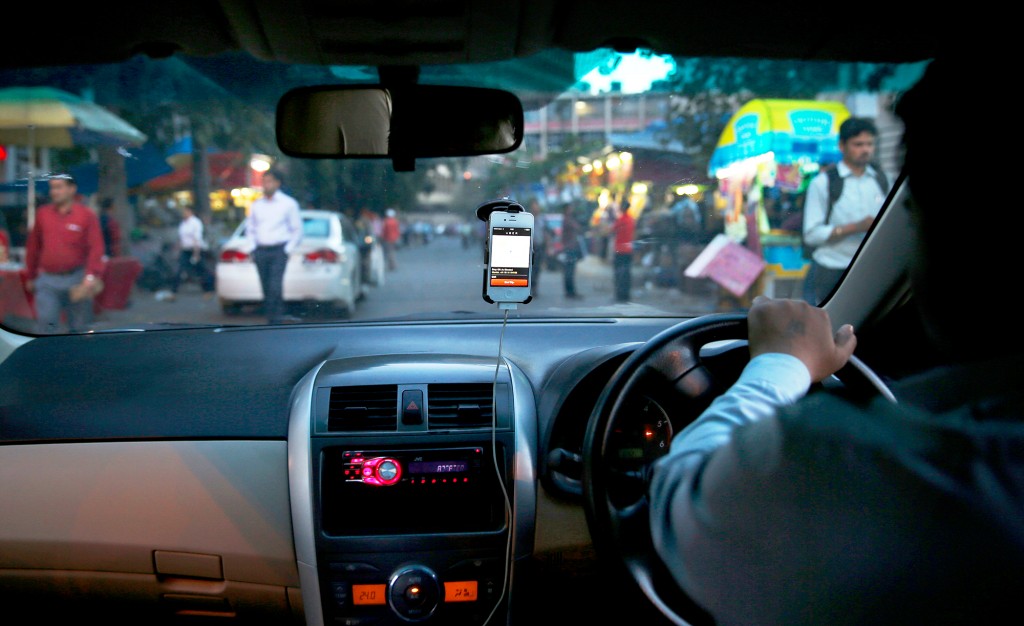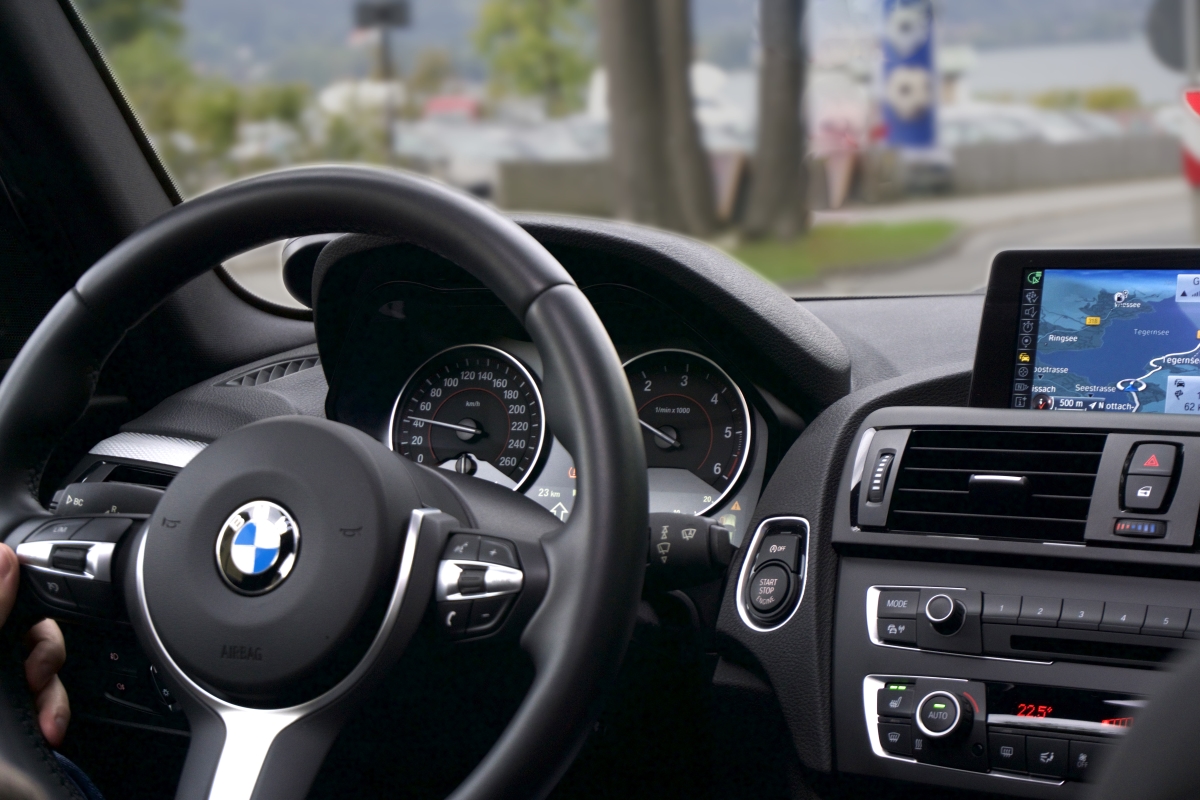Lemon laws usually only apply to new cars sold by a manufacturer or dealer and for a short time and under certain conditions. The law in California, for example, only applies to new cars purchased from a manufacturer or dealer within the state. It also does not apply to vehicles that have had recurring problems within the first two years of their life. The law allows purchasers to file a claim under the lemon law if the vehicle has less than 24,000 miles at the time of purchase.
Protecting victim’s rights under California’s Lemon Law is vitally important. But what about that used car you bought from your neighbor? Does the lemon law protect you? Maybe and maybe not. If you are unsure, your best option is to find an attorney who specializes in recovering damages.

What the Lemon Law Covers
You shouldn’t have to worry about safety or repeated breakdowns when you purchase a new car. You might have a “lemon” if your car has spent more time at the shop than it did on the road.
You don’t have to keep a lemon car. Consumer protection laws allow you to request a replacement or refund. Lemon Laws are available in every state to protect car buyers from being stuck with an irreparable vehicle.
The Lemon Law was established in 1984. This law was created by the United States government to protect consumers from fraud perpetrated by automobile dealers and manufacturers. Lemon Laws are laws that protect defective vehicles, cars, trucks, vans, SUVs, boats and motorcycles in every state.
After multiple attempts to repair your vehicle, you may be entitled to damages under the Lemon Laws of your state. A vehicle that has a recurring problem could be deemed a lemon if it affects its safety, value, or use.
It is best to speak with an auto fraud attorney who is familiar with lemon laws in order to take advantage of these laws. They will help you determine what constitutes a lemon, and how to get a new car or a refund.
California’s lemon law protects customers who bought or leased a vehicle that is still under warranty. If the dealer or manufacturer fails to fix the vehicle within a specified time and after reasonable attempts, they must either repurchase it (and return the cash) or replace the vehicle.
California considers a car a lemon if it has any of these issues, even if the Manufacturer’s warranty remains in force.
- A minimum of one or two attempts should be made to correct a substantial defect, which could lead to serious injury or even death.
- OR at least one attempt to resolve the issue within the manufacturer’s warranty period. Plus, 1-2 additional attempts to fix the issue without any resolution.
- OR the dealership kept the car at their facility for over 30 days to repair it.
It doesn’t have to be consecutively for 30 days. Lemon law will still apply if you have multiple visits to the dealer that add up to 30 days.
California’s lemon law allows you to get a replacement or refund for any car that does not comply.
California’s Lemon Law on Used Cars
The lemon law only applies to new cars. However, it does apply to used cars as long as they are still covered by the manufacturer’s warranty.
California’s lemon law does not apply to pre-owned cars with over 18,000 miles. However, it may be possible to get a car with a warranty that has expired after 18 months.
If a used car is not covered by a manufacturer warranty and has not driven 18,000 miles, it qualifies as a lemon.
What happens if the Lemon Law doesn’t apply to my purchase?
A private seller selling a used vehicle may not provide protection for it, but that does not mean the buyer is out of luck if there are recurring issues. Used car buyers usually have protection if the car is still covered by a manufacturer’s warranty. However, parties must transfer the warranty from the previous owner to the new owner. A seller of used cars is required to honor any warranties it gives to the buyer as part of the sale.
Private sellers are any individual who offers or sells a used car to a consumer but is not a dealer. According to most states’ regulations, any person who sells more cars than three in a year is considered a dealer. They must also get a license from their local municipality.
Sellers of used cars must inform buyers of any known defects that could compromise the safety or significantly impair their use. This law applies regardless of price or mileage. After the vehicle has been sold, private sellers are not permitted to fix it.
You may cancel the contract if you find a defect in the vehicle that significantly impairs its safety or uses it less efficiently.
The seller must return the purchase price of the vehicle less a mileage charge. You should speak with an attorney if a private seller refuses to cancel your contract within 30 days.
Steps to prove that the Car is Defective and the Seller Was aware of it
It must be possible to show that the car is defective.
- Look for previous service records. These records could prove that the seller knew of a defect but did not disclose it.
- You must have a valid title and bill of sale. All vehicles must have a Certificate of Title issued by the Registry of Motor Vehicles (RMV). The certificate must also be properly endorsed at the time of sale.
- Get your vehicle inspected by a licensed inspection station. If your vehicle fails to pass inspection within seven days of purchase, and the estimated cost of repairs exceeds 10% of the purchase price, you may be eligible for a refund.
While California’s Lemon Law may not cover the vehicle you bought from a private party, you still have recourse. If you feel a seller misrepresented your vehicle or knowingly hid major problems, you need to find an experienced auto fraud attorney who can help you get what you deserve.
